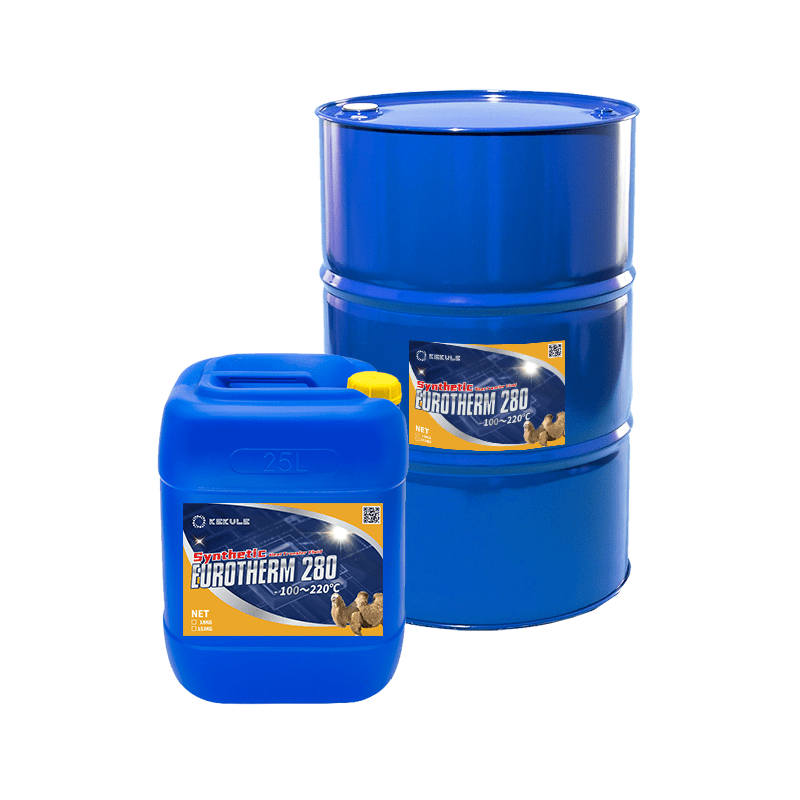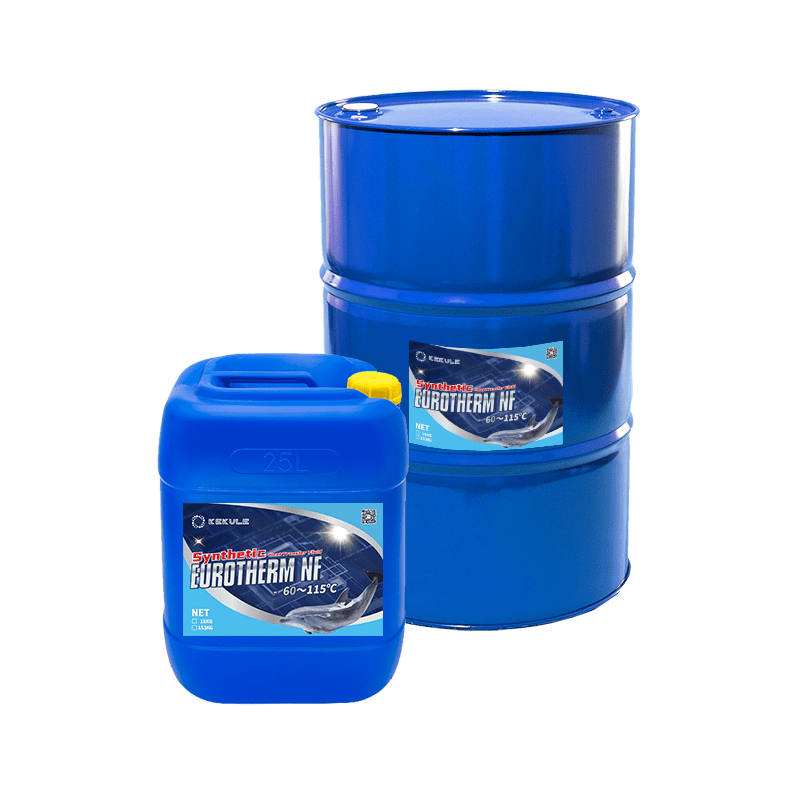How Chemie can Save You Time, Stress, and Money.
How Chemie can Save You Time, Stress, and Money.
Blog Article
More About Chemie
Table of ContentsThe Best Strategy To Use For ChemieRumored Buzz on ChemieThe Facts About Chemie RevealedThe 9-Minute Rule for ChemieGetting The Chemie To WorkSome Known Details About Chemie
By Bojanna Shantheyanda, Sreya Dutta, Kevin Coscia and David SchiemerDynalene, Inc. Fluid air conditioning, which can be accomplished using indirect or straight means, is made use of in electronic devices applications having thermal power densities that may surpass risk-free dissipation via air cooling. Indirect fluid air conditioning is where heat dissipating electronic components are literally separated from the fluid coolant, whereas in case of straight cooling, the components remain in direct call with the coolant.In indirect air conditioning applications the electric conductivity can be crucial if there are leakages and/or spillage of the fluids onto the electronics. In the indirect air conditioning applications where water based fluids with rust inhibitors are typically made use of, the electrical conductivity of the fluid coolant primarily depends upon the ion focus in the fluid stream.
The increase in the ion concentration in a closed loop liquid stream might take place because of ion leaching from steels and nonmetal parts that the coolant liquid touches with. Throughout procedure, the electric conductivity of the fluid may raise to a level which could be harmful for the air conditioning system.
Getting My Chemie To Work
(https://nwgsuqneu11.typeform.com/to/EnpuRWEa)They are grain like polymers that can exchanging ions with ions in an option that it is in contact with. In the here and now work, ion leaching examinations were carried out with different metals and polymers in both ultrapure deionized (DI) water, i.e. water which is dealt with to the highest degrees of purity, and reduced electrical conductive ethylene glycol/water blend, with the gauged change in conductivity reported in time.
The samples were allowed to equilibrate at area temperature level for 2 days before recording the initial electrical conductivity. In all examinations reported in this study fluid electric conductivity was determined to an accuracy of 1% making use of an Oakton disadvantage 510/CON 6 collection meter which was calibrated prior to each dimension.
Chemie Can Be Fun For Everyone
from the wall surface home heating coils to the center of the heating system. The PTFE example containers were placed in the heater when constant state temperatures were gotten to. The test arrangement was eliminated from the furnace every 168 hours (7 days), cooled down to space temperature with the electric conductivity of the fluid determined.
The electric conductivity of the fluid sample was checked for an overall of 5000 hours (208 days). Number 2. Schematic of the indirect closed loophole cooling experiment set-up - fluorinert. Table 1. Parts made use of in the indirect closed loop cooling down experiment that touch with the fluid coolant. A schematic of the experimental configuration is revealed in Figure 2.

The Buzz on Chemie
During operation the liquid reservoir temperature level was preserved at 34C. The adjustment in liquid electric conductivity was monitored for 136 hours. The fluid from the system was collected and stored. Closed loophole test with ion exchange resin was carried out with the same cleansing procedures used. The preliminary electric conductivity of the 230ml UP-H2O in the system measured 1.84 S/cm.

0.1 g of Dowex material was contributed to 100g of liquid examples that was taken in a different container. The combination was mixed and change in the electric conductivity at room temperature level was measured every hour. The determined change in the electric conductivity of the UP-H2O and EG-LC test liquids containing polymer or steel when immersed for 5,000 hours at 80C is shown Number 3.
8 Easy Facts About Chemie Described
Ion seeping experiment: Calculated adjustment in electric conductivity of water and EG-LC coolants containing either polymer or metal samples when immersed for 5,000 hours at 80C. The results show that steels added fewer ions right into the fluids than plastics in both UP-H2O and EG-LC based coolants.
Liquids consisting of polypropylene and HDPE displayed the most affordable electrical conductivity adjustments. This might be due to the brief, rigid, straight chains which are less likely to add ions than longer branched chains with weak intermolecular forces. Silicone additionally did well in both examination liquids, as polysiloxanes are generally chemically inert as a result of the high bond energy of the silicon-oxygen bond which would certainly stop degradation of the product right into the fluid.
All About Chemie
It would certainly be expected that PVC would certainly create comparable outcomes to those of PTFE and HDPE based on the similar chemical frameworks of the products, nevertheless there may be various other impurities existing in the PVC, such as plasticizers, that might influence the electrical conductivity of the fluid - silicone fluid. In addition, chloride groups in PVC can likewise seep right into the examination fluid and can cause a boost in electric conductivity
Polyurethane entirely degenerated this article right into the examination liquid by the end of 5000 hour examination. Prior to and after pictures of metal and polymer examples submersed for 5,000 hours at 80C in the ion leaching experiment.
Measured modification in the electrical conductivity of UP-H2O coolant as a function of time with and without resin cartridge in the closed indirect air conditioning loophole experiment. The determined modification in electric conductivity of the UP-H2O for 136 hours with and without ion exchange material in the loophole is received Number 5.
Report this page